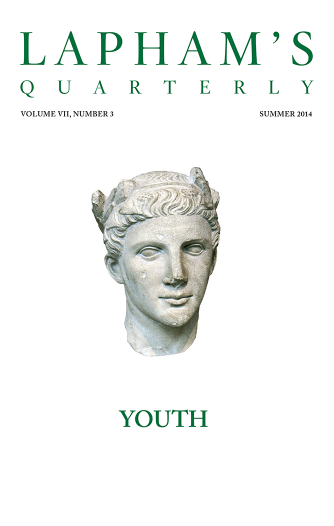
St. John Chrysostom
On the Statutes,
387
On the Statutes,
Let us then discern the snares and walk far off from them! Let us discern the precipices and not even approach them! This will be the foundation of our greatest safety, not only to avoid things sinful, but those things which, being accounted indifferent, are yet apt to make us stumble against sin. For example, to laugh, to speak jocosely, does not seem an acknowledged sin, but it leads to acknowledged sin. Thus laughter often gives birth to foul discourse, and foul discourse to actions still more foul. Often from words and laughter proceeds railing and insult; and from railing and insult, blows and wounds; and from blows and wounds, slaughter and murder. If, then, you would take good counsel for yourself, avoid not merely foul words and foul deeds, or blows, wounds, and murders, but unseasonable laughter itself—and the very language of raillery—since these things have proved the root of subsequent evils. Therefore St. Paul said, “Let no foolish talking nor jesting proceed out of thy mouth.” For although this seems to be a small thing in itself, it becomes, however, the cause of much mischief to us. Again, to live in luxury does not seem to be a manifest and admitted crime, but then it brings forth in us great evils—drunkenness, insolence, avarice, and rapine. If you would avoid luxurious living, you should remove the foundation of extortion, and rapine, drunkenness, and a thousand other evils, cutting away the root of iniquity from its extremity. Hence St. Paul said that “she who lives in pleasure is dead while she lives.” Again to go to the theaters does not seem, to most men, to be an admitted crime, but it introduces into our life an infinite host of miseries. For spending time in the theaters produces fornication, intemperance, and every kind of impurity.





